MANILA, Philippines – What did the 10-nation bloc accomplish after a series of meetings during the recently-concluded 31st ASEAN Summit hosted by the Philippines?
The meetings saw the region’s leaders come to the Philippines, along with their partner-world leaders from the United States, Russia, China, India, Canada, New Zealand, Australia, and the European Union. The United Nations Secretary-General was also in attendance.
They hailed progress in various fields from counter-terrorism to migrant rights, but how strong of an impact do these agreements actually have?
Here are among the top accomplishments of the 2017 ASEAN Summit according to the regional bloc, and how they stand up to scrutinty.
1. Consensus document on migrant rights
After a decade, ASEAN finally made progress in ensuring the protection of migrant workers by signing the “ASEAN Consensus on the Protection and Promotion of the Rights of Migrant Workers” on Tuesday, November 14. This consensus is a follow-up document to the "ASEAN Declaration on the Protection and Promotion of the Rights of Migrant Workers" adopted in January 2007 in Cebu.
Among others, it includes provisions on fair treatment of migrant workers, visitation rights by family members, prohibition against confiscation of passports and overcharging of placement or recruitment fees, protection against violence and sexual harassment in the workplace, regulation of recruiters for better protection of workers, and the right to fair and appropriate remuneration benefits and their right to join trade unions and association.
Verdict: Some impact
The document has yet to provide protection for those victimized by illegal recruiters. Families are allowed to visit, but the current document has no reunification clauses. There is also a need to harmonize ASEAN policies so that every country has the same framework to follow. For instance, the Philippines may have a zero placement fee for domestic workers, but this may not be honored in other countries.
These are important points the current document has not addressed.
The document took 10 years because of differences between countries of origin (or those that send migrants like the Philippine and Indonesia) and countries of destination (those that accept migrants like Singapore and Malaysia).
The stickiest point had always been whether the document would be legally binding. This is why it has taken this long to reach a consensus. Unfortunately, a closer look at the follow-up document shows that this delicate issue has yet to be resolved.
"Of course we also need a basis for us to take our governments to task. So we have a declaration but there's not much teeth in it. Now we have a consensus and now there is a moral high ground and hopefully a legal high ground," Ellene Sana, executive director of the Center for Migrant Advocacy, told Rappler on Wednesday, November 15.
Sana said ASEAN must, at the very least, have a plan of action along with the document.
"Something that can be very specific and targeted, that's the next battleground. To have a program which they can abide by, countries of destination should have a commitment. This is something we all look forward to... one step at a time."
2. North Korea discussions
Japanese Prime Minister Shinzo Abe on Tuesday, November 14, said world leaders belonging to the East Asia Summit “shared an unprecedented sense of crisis” over North Korea’s continued provocations and recent missile tests. North Korea and its recent missile nuclear developments have triggered the outrage and condemnation of countries around the world.
It was among the top issues that were discussed during the ASEAN Summit in Manila and the Asia-Pacific Economic Cooperation (APEC) Summit in Vietnam.
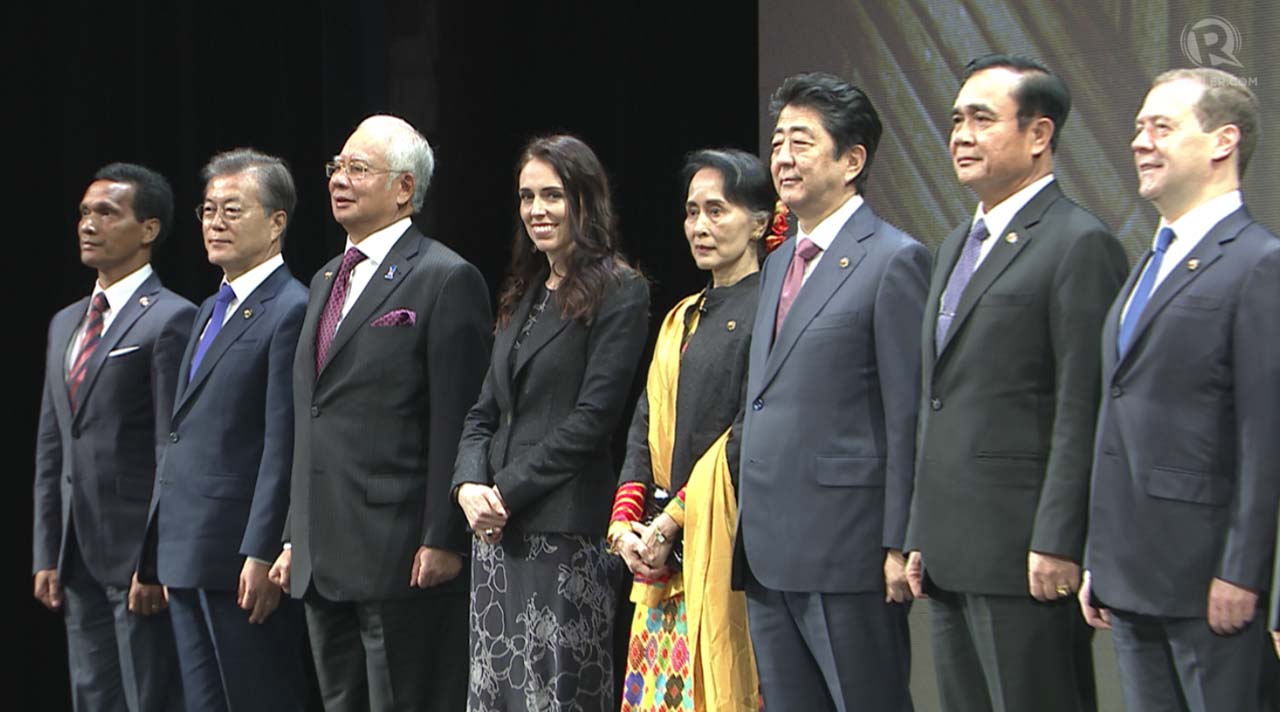
The Chairman's statement said, "We expressed grave concerns over the recent provocative and threatening actions, including the nuclear test, by the Democratic People’s Republic of Korea (DPRK) on 3 September 2017 and its ballistic missile tests over the past year, which are in contravention of U.N. Security Council Resolutions."
The statement also "reiterated our support for the denuclearization of the Korean Peninsula in a peaceful manner and called for the exercise of self restraint and the resumption of dialogue in order to de-escalate tensions and create conditions conducive to peace and stability."
Verdict: High impact
It was deeply important for ASEAN to speak out against the issue because the region will be among those that will be directly affected if tensions were to escalate between North Korea and the United States.
ASEAN also finds itself in a special position of impact, which it does not necessarily have with other global issues. While one ASEAN country may not be listened to by North Korea's Kim Jong-un, a united regional voice – especially because ASEAN trades with Korea – would hold much ground.
Thankfully, ASEAN did not waver in its wordings when dealing with North Korea, condemning it in strong, clear language.
Richard Heydarian, a political scientist, pointed out that it is "only the ASEAN regional forum and other related meetings where you have North Korea directly engaging other major stakeholders like Japan, Russia, and others."
Heydarian said ASEAN has been "extremely critical... and we’ve seen this consistently in the past months." This is important, he said, because "if Japan, South Korea, and ASEAN are on board, then China will also be pressured."
3. Code of Conduct talks with China
Leaders of ASEAN and China agreed to start talks on a Code of Conduct (COC) in the South China Sea, the Philippine Department of Foreign Affairs (DFA) said Monday evening, November 13.
ASEAN hails this as their and China's biggest milestone for the past 15 years in crafting a Code of Conduct in the South China Sea. The COC is a document to ensure peace and stability in the South China Sea, building on the non-legally binding Declaration on the Conduct of Parties on the South China Sea.
On the South China Sea, the ASEAN Chairman's Statement said, "We likewise reaffirmed the importance of maintaining and promoting peace, security, stability, maritime safety and security, rules-based order and freedom of navigation in and overflight above the South China Sea."
"In this regard, we further reaffirmed the need to enhance mutual trust and confidence, emphasized the importance of non-militarization and self-restraint in the conduct of all activities by claimants and all other states, including those mentioned in the DOC that could further complicate the situation and escalate tensions in the South China Sea, and stressed the need to adhere to the peaceful resolution of disputes, in accordance with universally recognized principles of international law and the 1982 United Nations Convention on the Law of the Sea (Unclos)," the statement added.
In July 2016, Manila won a historic case against Beijing over the South China Sea, but Philippine President Rodrigo Duterte has chosen to downplay this legal victory for the sake of better ties with China. China has claimed large areas of the South China Sea, which several ASEAN countries are also claimants of.
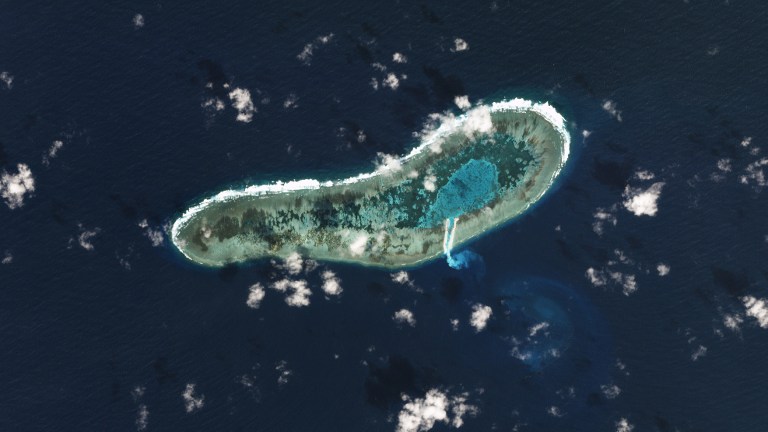
Verdict: Low impact
While ASEAN was harsh in its approach to North Korea, it was much more reserved in its approach to China. This wording is milder compared to past statements.
In fact, the statement was a win for China, who has gotten away with no consequences despite its agression in disputed areas in past years – even walking away with a better relationship with ASEAN.
It has also not helped that the Philippines, which has won a case against China at the arbitral tribunal in The Hague, Netherlands, on the maritime dispute on the West Philippine Sea, has said the document does not have to be legally binding.
The inconsistency of the Philippine stance is partly to blame for the region's softened statement against China. It is also no surprise that China is now open to talk about a code of conduct, with such a sigificant concession from ASEAN.
Aileen Baviera, a professor at the Asian Center of the University of the Philippines, warned that "despite the relative calm in the area, strategic distrust and security concerns have grown."
"I frankly doubt that any code will make a difference to the new status quo, especially that even prior to the restart of negotiations, none other than the Philippines is trying to weaken the outcome by not insisting on a binding agreement."
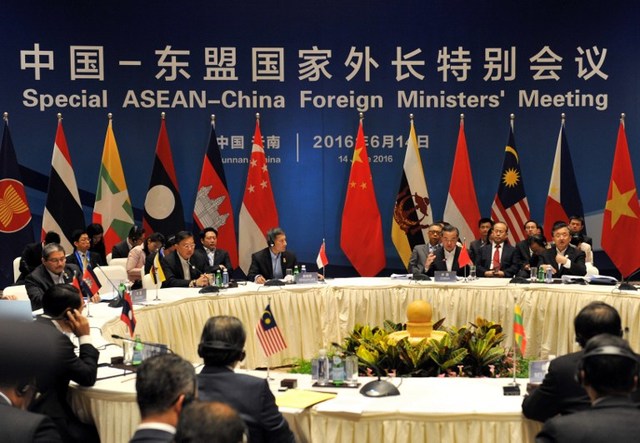
Ateneo School of Government Dean Ronald Mendoza was slightly more optimistic, calling it "potentially an important milestone, as it could help to advance stability in the region and perhaps serve as the precursor to deeper maritime cooperation among the claimant countries."
But he too was quick to raise concerns such as how other stakeholders will be involved, or whether the COC will cohere with the Hague arbitration decision that ruled in favor of the Philippines, among others.
4. Regional counter-terrorism strategy
ASEAN member-countries “placed strong emphasis on the aspect of deradicalization in rehabilitation and reintegration programs as part of comprehensive measures in countering terrorism,” according to the "Manila Declaration To Counter The Rise of Radicalization and Violent Extremism" released on Tuesday, November 14.
Among the things included in the declaration were a commitment to sustain long-term efforts to propagate moderation in conflict areas, especially among the youth through dialogue, education, community engagement, and strategic messaging on social media.
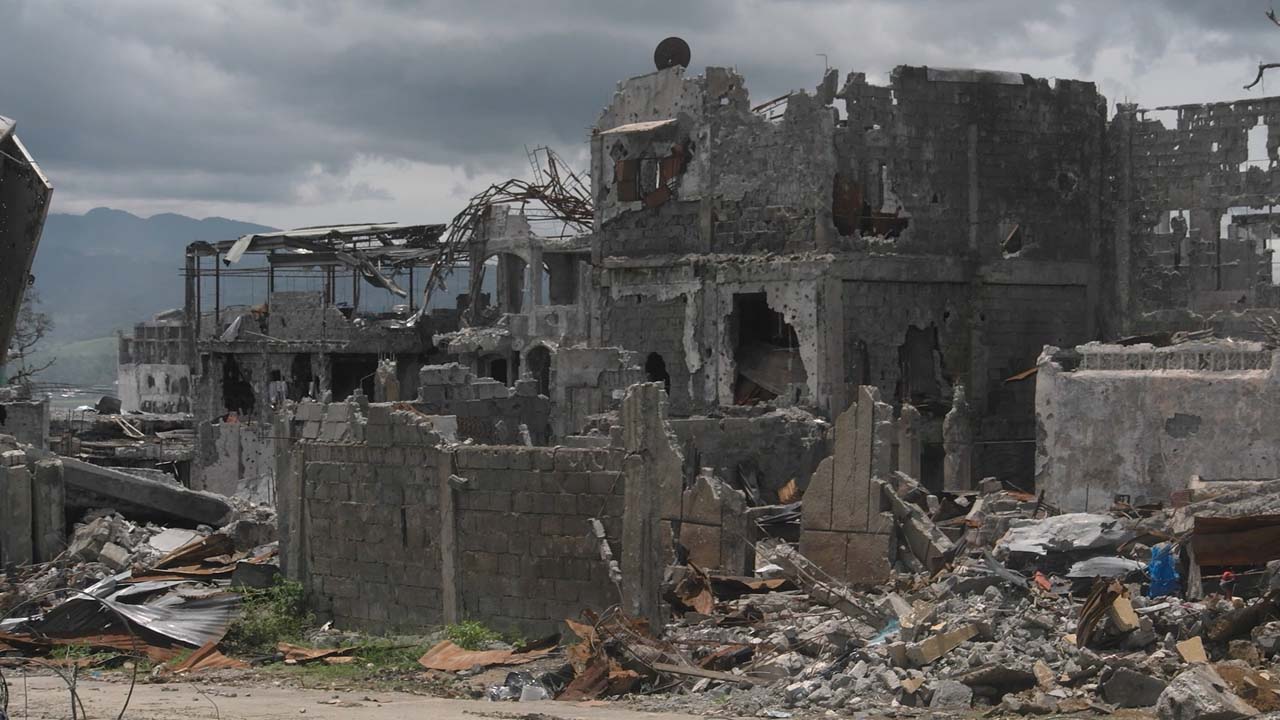
The regional group said they will develop a comprehensive regional communications campaign plan to counter radical narratives.” (READ: UN vows to help ASEAN in counter-terrorism efforts)
They stressed the need for an “evidence-based” approach to do all these.
On the Chairman's statement, ASEAN reiterated their "strong condemnation of violent extremism and terrorism in all its forms and manifestations. We are committed to effectively implement the ASEAN Convention on Counter Terrorism (ACCT), while taking into account the international instruments and guidelines, including the UN Global Counter Terrorism Strategy, and the United Nations Plan of Action to Prevent Violent Extremism through de-radicalization, preventive education, involvement of women and youth as well as the promotion of peace and moderation as a counter-narrative."
Verdict: High impact
After the Marawi siege, the counter-terrorism declaration comes at a crucial time. Unlike other topics, this declaration was one that ASEAN appropriately acted upon in a timely manner.
What's more encouraging, is that ASEAN countries have already started working on partnerships and cooperating, even before this document. For instance, Malaysia, Indonesia and the Philippines took it upon themselves to work together to patrol maritime borders, given terror activities in the Sulu Sea.
This shows the urgency and the initiative of countries to act quickly. This document paves the way for more similar cooperation.
"I think there's absolute consensus, there's a sense of urgency. Those two put together makes me feel I would rather bet on these as something ASEAN can boast about in years and decades to come," Heydarian said.
He said basic things like information sharing, tracking movement of most wanted individuals in the region, financial trasanctions, and others can hopefully be regularized following the signing of the document through "a coordination mechanism, that is inter-agency and international."
5. Engaging Trump
US President Donald Trump’s trip to the Philippines focused on promoting a free and open Indo-Pacific region based on shared principles, and strengthening international resolve to denuclearize North Korea.
After the US-ASEAN Summit, the leaders released a joint statement reiterating their commitment to, among others, peaceful resolution of disputes; sovereignty; peace, security and stability in the region; and economic growth and engagement between ASEAN and the US.
Trump also highlighted in his trip that the United States under his leadership prefers bilateral agreements with countries rather than multinational trade like the Trans-Pacific Partnership (TPP).
Trump lauded his trip, tweeting upon arrival in the United States: "Our great country is respected again in Asia. You will see the fruits of our long but successful trip for many years to come!"
Verdict: Some impact
Trump's presence and engagement with the region was important because it showed that the US is still committed to the region.
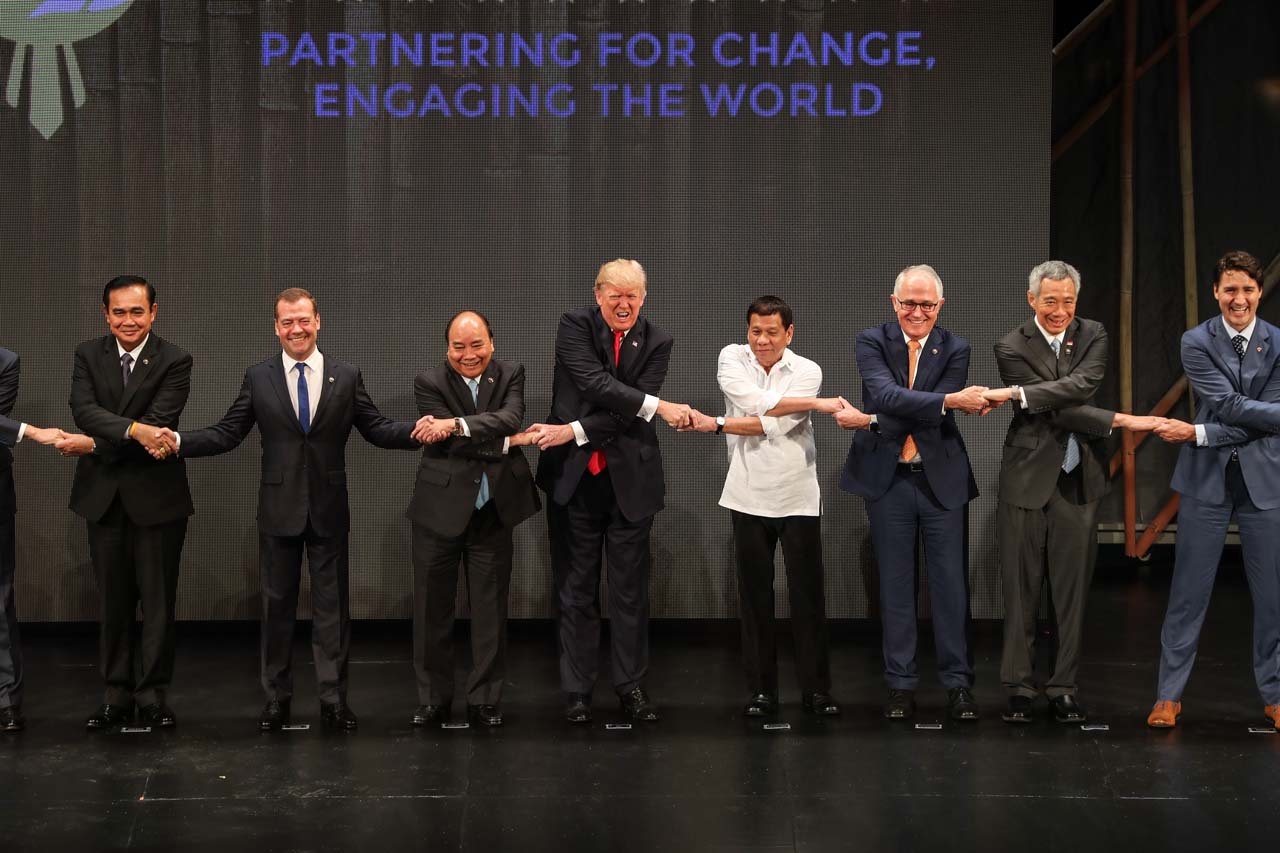
After Trump's administration pulled out the TPP, emphasized his "America First" policy, and had no version of former president Barack Obama's pivot to Asia, the region felt unsure about America's commitment. This, while China has aggresively and succesfully courted ASEAN countries.
But Trump, well-behaved, gracious and respectful of ASEAN's traditions – even gamely posing for the ASEAN handshake and at least trying, unlike Russian Prime Minister Dmitry Medvedev – calmed some anxiety among leaders in the region.
"Despite assurances of Cabinet advisers, Trump's Asia policy was left wanting. There was no clear articulation. Trump never mentioned ASEAN at all and it seemed like he was not that informed," said Aries Arugay, associate professor of Political Science in the University of the Philippines.
Arugay said now, at the very least, while "the mere time he spent in the region does not really erase the continued apprehension given China's increasing assertiveness, at least Trump has ASEAN in his outlook or mindset."
But Arugay also pointed out that of all ASEAN's dialogue partners, the US is among those it always wants to engage with more.
Where he succeeded in personal relationships, like building a friendship with Duterte, Trump failed in policy substance. "It's still a global economic and global superpower. ASEAN always wants more from the US. A lot of them really believe that the US has a role in promoting peace and stability in the region," he said.
Aside from this, trade was yet another thing that left ASEAN wanting more from the United States. While he kept emphasizing that he wanted "fair trade" with ASEAN, he failed to articulate details in the way Obama did with TPP. – Rappler.com







